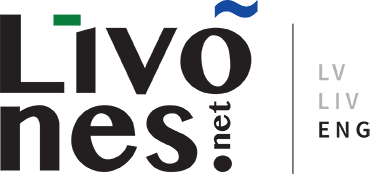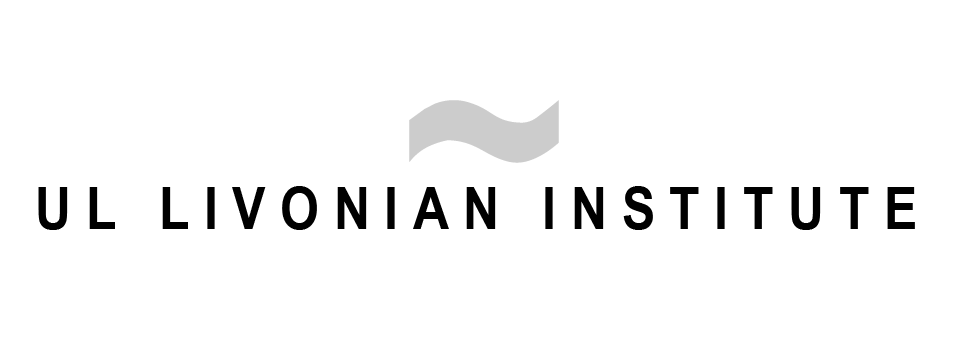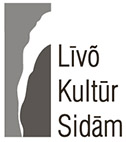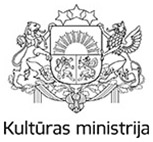This portal was created by Līvõ Kultūr sidām (The Livonian Culture Centre) and offers a wide range of information on the Livonians, their culture, language, and history. Here you can discover the places the Livonians have lived, their cultural monuments, the location of their most important archives, and also about new Livonian-related events and exhibitions. You can learn about Livonian traditional and contemporary culture as well as become acquainted with their community organisations and most important personalities. The UL Livonian Institute section contains information about this institution as well as Livonian-Estonian-Latvian dictionary which is updated on an ongoing basis and which is supplemented with word forms and data from the Livonian language corpus. This section also contains the Livonian place name list, a list of Livonian borrowings in Latvian, and other resources for learning about and studying Livonian. The Library section contains a collection of articles, links, and videos on Livonian topics grouped by category.
We wish you success learning about Livonian culture!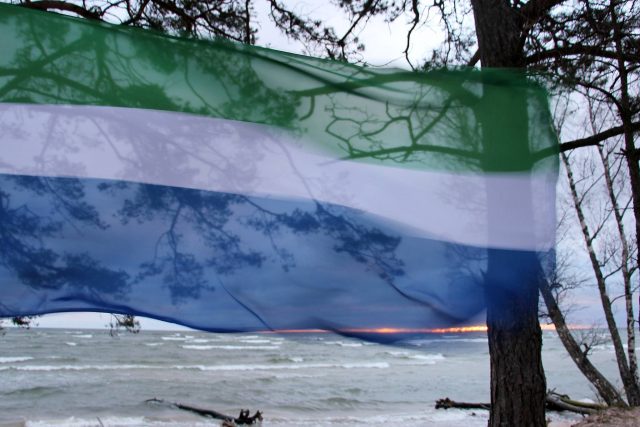
1929 – Saulvedis Cimermanis, an academician, ethnographer and researcher of the Liv culture history was born.
11/07
1912 – in Miķeļtornis village, Emma Erenštreite, leader of the third Liv awakening, was born. Died in 1986.
15/07
1927 – Harijs Skuja, a poet and compiler of the Liv poetry anthology was born. Died in 1984.
18/07
1909 – Väinö Kyrölä, a Finnish philologist and Liv supporter was born. Died in 2003.
18/07
2004 – in Staicele, a boundary-mark Eesti-Līvõmō-Latvia (sculptors Zigrīda and Juris Rapa) was opened.

